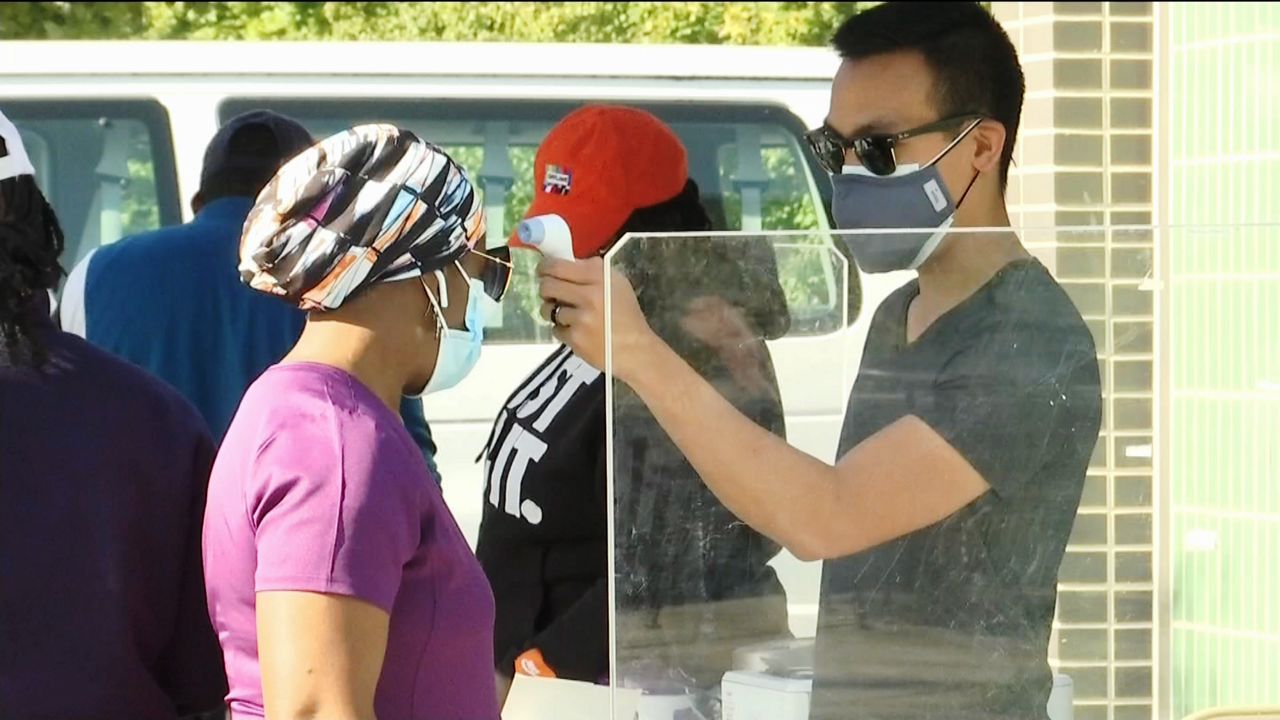The mayor promises a spike in coronavirus cases in Brooklyn will be addressed.
“The goal is to get everyone wearing masks, to get everyone socially distanced, to make sure we are working with community institutions,” Mayor Bill de Blasio said on Inside City Hall Monday night.
His response comes after his political rival released new COVID-19 numbers revealing serious daily increases in cases.
In a hastily announced conference call Monday afternoon, Governor Andrew Cuomo unveiled COVID-19 testing data by zip code for cases on Sunday. It showed a big spike in the Hudson Valley and in Brooklyn.
Topping the list was the area around Spring Valley in Rockland County, where 30 percent of tests came back positive on Sunday. In neighboring Monsey, 25 percent of tests came back positive.
In the city, Borough Park had the highest percentage of positive cases on Sunday with 17 percent. Numbers in East Midwood were also alarming — with 11 recent of tests coming back positive. In Bensonhurst, 9 percent came back positive. Midwood also had 9 percent.
“Those top ten zip codes represent 2.9 percent of the state’s population and 25 percent of the cases,” Cuomo said. "We have 200 rapid testing machines that we are going to make immediately available as of today."
The governor said private schools in these communities can contact the state to request these rapid testing machines. He was also asked about the high concentration of Hasidic and ultra-orthodox Jewish residents in these neighborhoods.
“Whether you are Jewish, Catholic, Muslim, it applies to everyone equally,” the governor said. "Public health is pubic health."
Many of these neighborhoods are also on the city’s radar.
The city Health Department also released new data on Monday. Their numbers are based on a 14-day rolling average, which they claim can more accurately identify sustained trends. The numbers are lower, but still concerning. For instance, the positivity rate in Borough Park, according to the city, is just over 5 percent.
In response to the alarming numbers, the mayor gave no indication Monday night there would be further shutdowns. He said the city is working with community leaders to try to reverse the trend. Schools would also remain open.
“The fact here is, if we see something happening on a bigger level, of course we will act out of an abundance of caution,” de Blasio said. "We are not seeing that as of this point. We think the measures taken with the community are going to reverse this trend, and hopefully very quickly.”



